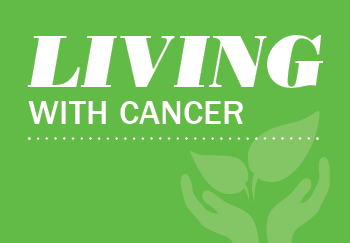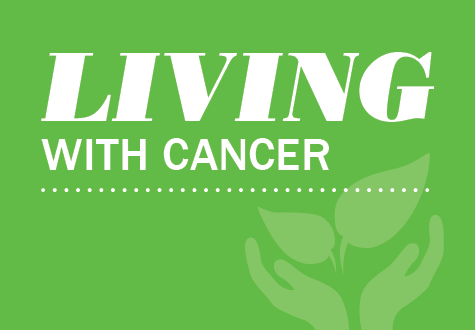
While you should always speak with your oncologist and treatment team before starting any new regimen, here is a bit of information to help you set the record straight.
What Does Alkaline Mean?
The word alkaline refers to the pH balance of a liquid. The pH scale ranges from zero to 14; anything above seven is alkaline, and anything below seven is acidic. For example, milk of magnesia has a pH level of 10.5 (more alkaline), while lemon juice has a pH level of two (very acidic).
What Is Alkaline Water?
Alkaline water has a higher pH number than tap water. While tap water tends to have a pH level around seven, alkaline water’s pH level ranges between eight and nine.
Is There a Link Between Alkaline Water and Cancer?
There is a theory that acidic foods or liquids may alter the body’s overall pH balance and promote the growth of cancer. The introduction of alkaline water could potentially neutralize the acidic environment and slow cancer growth. However, the American Institute for Cancer Research cautioned patients about the accuracy of this claim. According to the Institute, while it’s true that cancer cells cannot survive in alkaline environments, this only applies to cells in an isolated lab setting, not in the human body.
The body’s pH balance is dictated by a variety of influences and systems, and intentionally altering the pH balance can lead to significant health events.
Questions About Diet & Cancer?
Contact a UVA Cancer Center dietitian.
What Should I Do Next?
It is always important to keep lines of communication open with your oncologist, nutritionist and treatment team. If you have a question about alkaline-based water or specific diets during your treatment, talk to your team about it. Otherwise, most research suggested that people living with cancer (and without it) will benefit from a diet that is mostly plant-based and limits red meat and processed meats. And, be sure to drink plenty of water (alkaline, tap or bottled).
